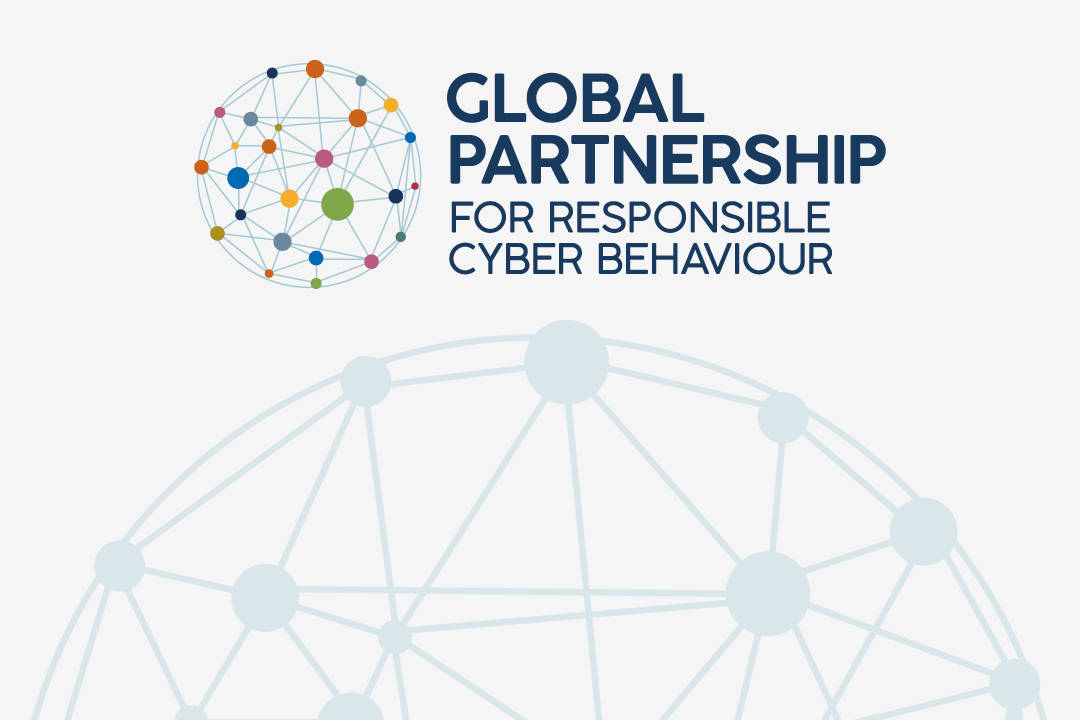The Challenge of Non-Western Cyber Attribution
For over a decade, public cyber attribution—the practice of a government openly naming another state as responsible for a cyber operation—has been led by Western countries.
Attribution serves diplomatic and strategic purposes: signalling deterrence, building international pressure, and justifying countermeasures. But if attribution was once a Western monopoly, the landscape is shifting.
It is a tool now wielded by an increasingly diverse set of actors—each with their own interests, constraints, and strategies. Countries like China, Iran, Venezuela and Ethiopia are all engaging in the activity. Louise Marie Hurel, Research Fellow in RUSI’s Cyber and Tech team, explores the case studies of these countries, and why competing narratives may undermine trust in efforts to promote responsible behaviour in cyberspace.

A joint project with King’s College London and the University of Bath examining the concept of cyber statecraft.
FEATURING
Dr Louise Marie Hurel
Research Fellow
Cyber and Tech


